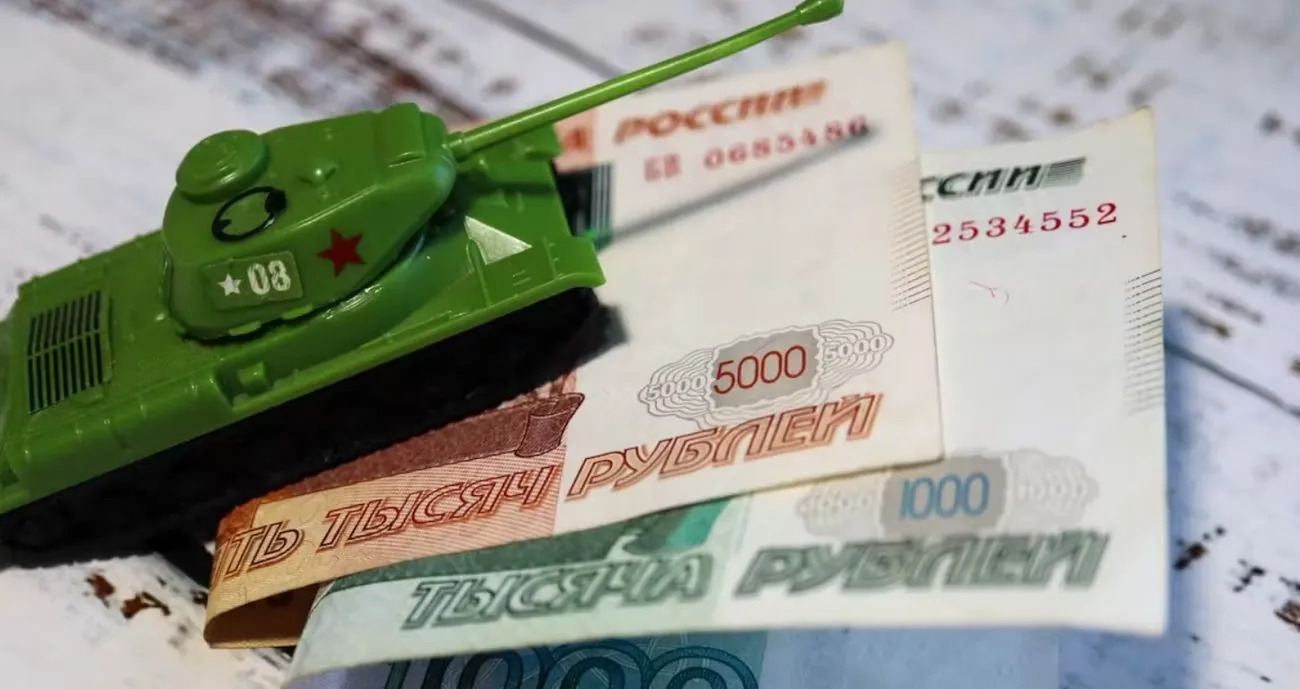“Gloomy situation on the currency market: in Russia, trade is switching to rubles, the inflow of euros and dollars is decreasingMore than half of Russian exports are paid in rubles, and the inflow of foreign currency into Russia is decreasing. Payments in
“friendly” currencies, primarily yuan, account for only a third of receipts.
”, — write: unn.ua
DetailsPayments in so-called “friendly” currencies – mainly in Chinese yuan – now account for only a third of Russia’s revenues. At the same time, the trend is that more than half of Russian exports are paid for in rubles. The spread of ruble payments is reported in the report of the Central Bank of Russia.
Bloomberg writes that the shift comes amid an approximately 6% drop in export volumes in the first five months of the year, driven by falling commodity prices.
Cumulatively, these trends reduce the inflow of foreign currency into the Russian economy at a time when access to global markets remains limited.
Chinese yuan in Russia is likely to operate in a limited rangeThe Central Bank of the Russian Federation has stopped publishing detailed figures on the use of the yuan in the Russian banking system. The Moscow Exchange, where the yuan is now the only major currency traded, no longer discloses turnover. But according to the newspaper “Kommersant”, volumes fell to a two-year low in May and remained low in June.
In May, even with Asian countries, more than 50% of export earnings under trade contracts were paid in rubles. At the same time, African countries paid more than 80% of Russian exports in rubles.
As for the Chinese currency, as the publication writes, the share of payments in yuan fell to 37%, according to the data.
Demand for foreign currency is no longer what it once was in RussiaOn the other hand, corporate demand for foreign currency is also decreasing.
It has halved compared to last year’s average monthly levels. One important factor may be the growing use of rubles to pay for imports.
“The main goal of switching trade to rubles was to avoid freezing or delaying payments. ..It’s about mitigating the risk of sanctions and ensuring the flow of payments,” says the economist.
RecallDue to the ruble’s gains and record high interest rates, in May, price growth in Russia “stopped accelerating for the first time in six months.” At the same time, the Russian economy, fueled by the war and showing signs of overheating in recent years, is now losing momentum. Growth has slowed, UNN reported, citing a forecast by economists surveyed by Bloomberg.
